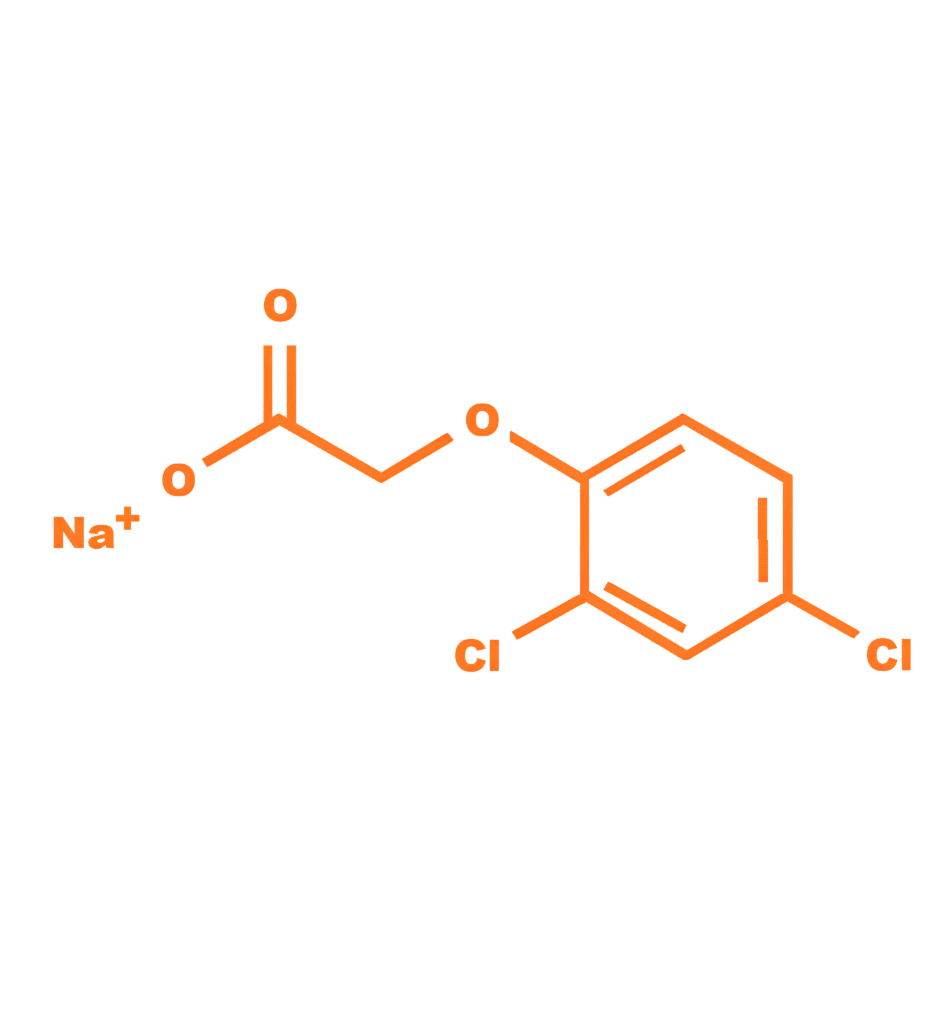Navigation: Stack Index | Vitamins | Minerals | Supplements
Uncover the critical role of chloride in hydration, digestion, and recovery. Learn how to avoid hidden deficiencies and optimize your strength and focus.

When people talk about electrolytes, they talk about sodium. Maybe potassium. Sometimes magnesium. But chloride? It’s almost never mentioned.
And yet chloride is essential—arguably just as important as sodium—because it stabilizes the whole system: from hydration and nerve signaling to stomach acid production and acid-base balance.
- Functions & Mechanism
- Food Sources vs Supplementation
- How to Use (Dosing & Timing)
- Tactical Stacks
- Signs of Deficiency
- Risks & Safety
- Who It’s For
- Who Should Be Cautious
- What Biohackers Get Wrong
- References & Further Reading
Most people don’t need to supplement chloride directly—but they absolutely need to understand how it works. Most chloride comes from sodium chloride (table salt), so the average diet covers the baseline. But the key isn’t just intake—it’s how and when you lose it, how it interacts with other minerals, and what happens when that balance gets thrown off.
In sports drinks, chloride is almost always present—but never highlighted. Just look at the back of a bottle of LMNT, Liquid IV, or even Gatorade and you’ll usually find it listed as sodium chloride or potassium chloride. It’s there, but it’s treated like filler.
That’s a mistake.
Because while sodium pulls water into cells, chloride helps hold it there—maintaining the osmotic pressure and electrical neutrality that keeps cells hydrated and nerves firing cleanly. It’s also the raw material your stomach uses to produce hydrochloric acid (HCl), the acid that digests protein and absorbs minerals.
No chloride, no acid. No acid, no fuel extraction.
And while most people get enough from salt and food, athletes, biohackers, and high-output humans often start to lose chloride faster than they realize—especially when training hard, fasting, sweating heavily, or using diuretics. That’s when the gaps start to show:
- Cramps and fatigue despite magnesium and potassium supplementation
- Bloating or indigestion on high-protein meals
- Brain fog after sauna or fasting
- “Flat” hydration despite adding electrolytes
This isn’t about adding another pill. It’s about identifying the silent electrolyte your body relies on to absorb fuel, recover faster, and maintain output under pressure.
Functions & Mechanism
Chloride is the primary extracellular anion, vital for:
- Fluid Balance: Works with sodium to regulate plasma osmolarity, preventing dehydration.
- Acid-Base Homeostasis: Supports the chloride-bicarbonate shift, maintaining pH during training stress or fasting.
- Digestive Function: Integral in forming HCl—your body’s first line of nutrient breakdown and immune defense.
- Nerve and Muscle Function: Helps restore resting membrane potential, essential for muscle contraction and CNS recovery.
Without adequate chloride, you risk impaired digestion, electrolyte imbalances, and poor muscle and nerve function.
Food Sources vs Supplementation
Wh✅ Whole Food Sources
- Table salt (sodium chloride)
- Mineral-rich sea salts (Redmond, Celtic)
- Celery, lettuce, tomatoes
- Olives, seaweed, fermented or pickled foods
- Shellfish and seafood
💊 Supplementation
- Sodium chloride: Most common form (in salt)
- Potassium chloride: Found in electrolyte powders and salt substitutes
- Magnesium chloride: Dual-action for hydration and magnesium repletion
- Rarely supplemented solo; often part of electrolyte blends (LMNT, Re-Lyte)
How to Use (Dosing & Timing)
| Context | Recommended Intake |
|---|---|
| General adult intake | 2,300 mg chloride/day (approximate per sodium guidelines) |
| High sweat loss or active | 2,500–4,000 mg/day as part of electrolyte balance |
- Usually consumed alongside sodium for optimal hydration
- Important during heavy training, sauna, or hot climates
- Support digestion by ensuring adequate chloride for stomach acid production
Tactical Stacks
| Goal | Stack & Rationale |
|---|---|
| Hydration Support | Sodium chloride + Potassium chloride + Magnesium glycinate |
| Digestive Health | Sea salt + Betaine HCl + Pepsin + Probiotics |
| Recovery & Electrolyte Balance | Electrolyte powder (LMNT or DIY) + Hydration + Collagen |
Signs of Deficiency
- Muscle cramps and weakness
- Poor digestion and low stomach acid symptoms (bloating, indigestion)
- Fatigue and dizziness
- Confusion or neurological symptoms in severe cases
- Electrolyte imbalance with sodium and potassium disruption
Risks & Safety
Too Little
- Rare but can occur with excessive vomiting, diarrhea, or sweating
- Leads to metabolic alkalosis and dehydration
Too Much
- Usually linked to high sodium intake rather than chloride itself
- May exacerbate hypertension in salt-sensitive individuals
Best Practices
- Maintain balance with sodium and other electrolytes
- Use high-quality salts and whole foods
- Adjust intake based on sweat rate and activity
Who It’s For
- Athletes and people exposed to heavy sweating
- Individuals with digestive complaints linked to low stomach acid
- Biohackers focused on electrolyte and hydration optimization
- People on ketogenic or low-carb diets who lose electrolytes faster
Who Should Be Cautious
- Individuals with hypertension or cardiovascular disease
- Those with kidney impairment or electrolyte disorders
- People advised to limit sodium intake by their healthcare provider
What Biohackers Get Wrong
- Ignoring chloride because it’s “just salt” when it’s essential for digestion and pH balance
- Overhydrating with water without replenishing chloride and other electrolytes
- Assuming all salts are equal—quality matters for mineral content
References & Further Reading
- Chloride ions in health and disease” (2024). https://pmc.ncbi.nlm.nih.gov/articles/PMC11065649/
- “What Is Hydration on a Cellular Level and Why Is It Important?” (2023). https://www.nutritionnews.abbott/healthy-living/diet-wellness/What-Is-Hydration-on-a-Cellular-Level-and-Why-Is-It-Important/
Disclaimer: This article is for educational purposes only. Always consult with a healthcare professional before starting supplementation or making major dietary changes.
Navigation: Stack Index | Vitamins | Minerals | Supplements